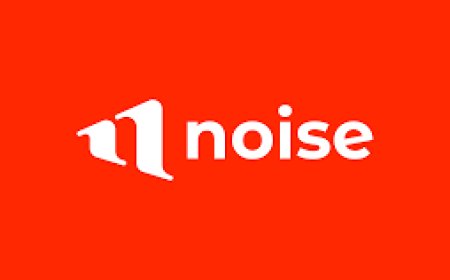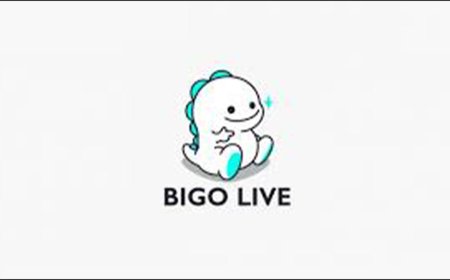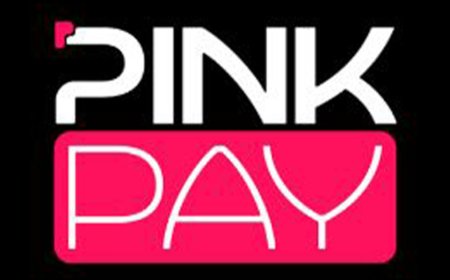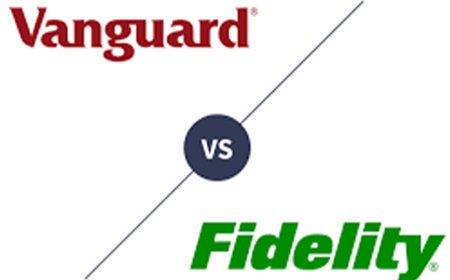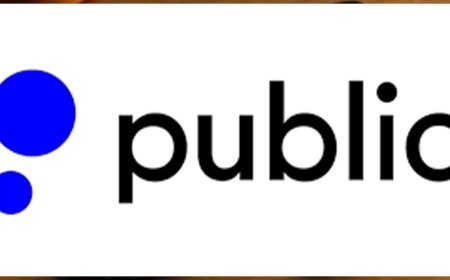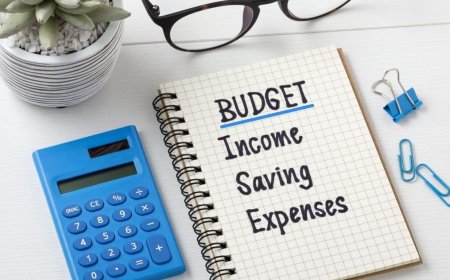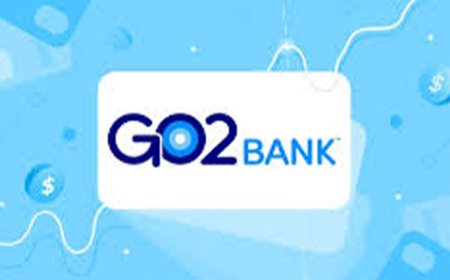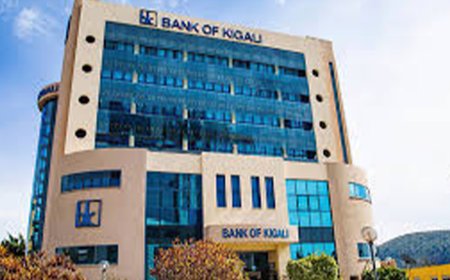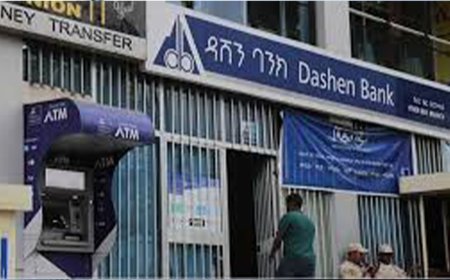How to Create a 50/30/20 Budget in Uganda, Kenya or Nigeria: 2025 Guide with Real Examples and Tips
Struggling with rising costs in Uganda or Nigeria? Learn how to build a practical 50/30/20 budget that fits local incomes and expenses. This 2025 guide includes step-by-step instructions, examples for UGX 1,000,000 or NGN 300,000 salaries, and ways to handle inflation, rent, food, and transport for better financial control.
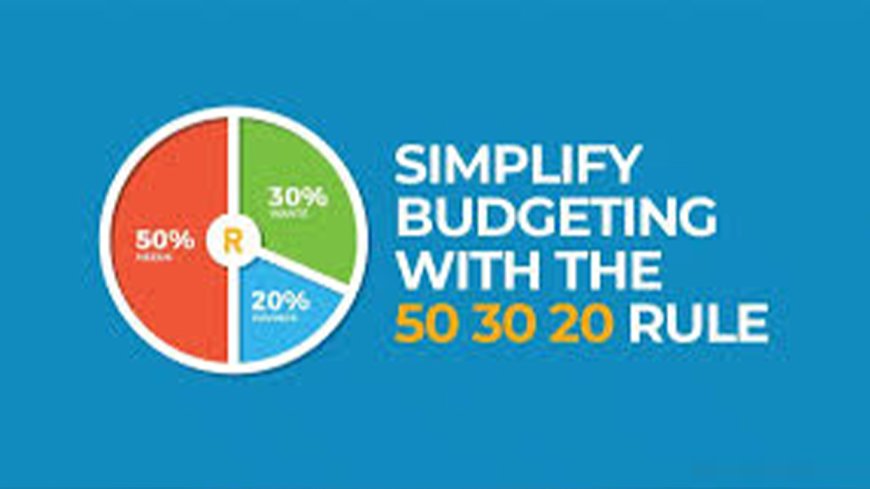
Navigating personal finances in Uganda or Nigeria can feel like a constant struggle, especially with inflation driving up costs, rates hovered around 3.8% in Uganda through mid-2025 (Bank of Uganda) and eased to about 21.9% in Nigeria by July (National Bureau of Statistics). If you’re wondering where your money goes by the end of the month, you’re not alone. The 50/30/20 budget rule offers a clear, beginner-friendly way to take charge of your finances, balancing daily needs, lifestyle choices, and future savings in a way that fits local realities.
This 2025 guide, optimized for Uganda and Nigeria, provides a step-by-step plan to implement the 50/30/20 budgeting method. With real-world examples for incomes like UGX 1,500,000 or NGN 200,000, we’ll address local challenges like high rent, irregular gigs, and rising transport costs while offering practical tips to make budgeting work. Whether you’re a teacher in Kampala, a trader in Lagos, or a freelancer juggling side hustles, this approach can pave the way to financial stability.
What Is the 50/30/20 Budget Rule?
The 50/30/20 rule is a straightforward budgeting framework that divides your after-tax income into three categories:
- 50% Needs: Essential expenses required to maintain your basic lifestyle, like rent and groceries.
- 30% Wants: Non-essential spending that adds joy, such as dining out or streaming subscriptions.
- 20% Savings & Debt Repayment: Funds for building an emergency fund, paying off loans, or investing for the future.
Popularized by Senator Elizabeth Warren in All Your Worth, this method is ideal for Uganda and Nigeria, where mobile money platforms like MTN MoMo, Airtel Money, and Opay dominate, and complex financial tools are often out of reach. Its simplicity makes it perfect for first-time budgeters or those with limited financial literacy.
Why the 50/30/20 Budget Works for Uganda and Nigeria
In the context of East and West Africa’s economic challenges, the 50/30/20 rule stands out for several reasons:
- Ease of Use: No need for fancy apps or accounting skills instead just split your income into three buckets.
- Scalable for All Incomes: Works for low earners (UGX 500,000 or NGN 100,000) and higher salaries (UGX 2,000,000 or NGN 400,000).
- Encourages Saving: Forces consistent contributions to savings or debt repayment, countering the temptation to spend everything.
- Adapts to Inflation: Flexible percentages can be tweaked to handle Uganda’s 3.8% or Nigeria’s 21.9% inflation rates (2025 data).
A 2025 PwC Africa survey found that 62% of Nigerians and 55% of Ugandans live paycheck to paycheck, highlighting the need for structured budgeting.
The 50/30/20 rule helps break this cycle by prioritizing essentials while carving out room for enjoyment and financial growth.
Breaking Down the 50/30/20 Rule for Local Contexts
1. 50% for Needs: Covering Life’s Must-Haves
Needs are non-negotiable expenses that keep you housed, fed, and mobile. In urban Uganda and Nigeria, these often eat up more than 50% of income due to high living costs. Common needs include:
- Housing: Rent or mortgage contributions. In Kampala, a one-bedroom apartment costs UGX 600,000–1,000,000 monthly; in Lagos, shared flats run NGN 50,000–100,000.
- Utilities: Electricity, water, and internet. Umeme bills in Uganda average UGX 50,000–80,000; Nigeria’s PHCN or generator fuel costs NGN 15,000–25,000.
- Groceries: Home-cooked meals are budget-friendly. A single person spends UGX 200,000–300,000 or NGN 25,000–40,000 monthly.
- Transport: Boda-boda, matatus, or fuel. Commuting in Kampala costs UGX 80,000–150,000; Lagos, NGN 20,000–30,000.
- Education: School fees for children, averaging UGX 100,000–300,000 per term in Uganda or NGN 20,000–50,000 monthly in Nigeria.
- Debt Minimums: Microfinance or mobile loan repayments, often 5–10% of income.
Tip: If needs exceed 50%, negotiate rent (e.g., share with roommates) or cut transport costs (walk or bike short trips). A 2025 Statista report notes 68% of urban Africans spend over 40% of income on housing.
2. 30% for Wants: Enjoying Life Without Guilt
Wants cover discretionary spending that makes life fun but isn’t critical. This category is where many overspend, driven by social expectations or ads on platforms like Instagram. Examples include:
- Dining Out: Meals at local bukas or takeout via Glovo/Jumia Food. Budget UGX 100,000–150,000 or NGN 15,000–25,000 monthly.
- Entertainment: Streaming services (Showmax, DSTV), concerts, or club nights. DSTV costs UGX 40,000–80,000 or NGN 10,000–20,000.
- Shopping: Clothes, shoes, or small gadgets. Limit to UGX 100,000 or NGN 15,000 to stay debt-free.
- Travel: Weekend getaways to Jinja or Lekki. Cap at UGX 50,000 or NGN 10,000 monthly.
Tip: Track wants with a notebook or app to avoid impulse buys. In Nigeria, where social spending is culturally significant, set a weekly limit (e.g., NGN 5,000) to enjoy without guilt.
3. 20% for Savings & Debt Repayment: Securing Your Future
This portion builds your financial foundation, covering:
- Emergency Fund: Aim for 3–6 months of expenses (e.g., UGX 600,000 or NGN 60,000 for low earners). Start with UGX 50,000 or NGN 5,000 monthly.
- Investments: SACCO contributions in Uganda (5–10% returns) or money market funds in Nigeria (e.g., Cowrywise, 8–12% APY).
- Debt Repayment: Clear high-interest mobile loans (e.g., MTN Qwikloan at 20% APR) or microfinance debts.
- Retirement: Small pension contributions via NSSF (Uganda) or private plans in Nigeria.
Tip: Automate transfers to a mobile money savings wallet (e.g., MTN MoMo Save or Opay Save) to prioritize savings before spending.
Practical Example in Uganda
For a monthly income of UGX 1,500,000 (mid-level salary in Kampala, aligning with urban averages around UGX 1,000,000–2,000,000):
- 50% Needs (UGX 750,000):
- Rent: UGX 350,000 (shared apartment)
- Groceries: UGX 250,000 (home cooking)
- Transport (boda-boda): UGX 100,000
- Utilities (Umeme, water, internet): UGX 50,000
- 30% Wants (UGX 450,000):
- Dining out (local spots): UGX 150,000
- Entertainment (Showmax, outings): UGX 100,000
- Shopping (clothes, accessories): UGX 200,000
- 20% Savings/Debt (UGX 300,000):
- Emergency fund (MoMo Save): UGX 150,000
- SACCO contribution: UGX 100,000
- Loan repayment: UGX 50,000
This budget ensures essentials are covered, allows for social enjoyment, and builds a UGX 1,800,000 emergency fund in one year.
Practical Example in Nigeria
For a monthly income of NGN 200,000 (average Lagos salary, though many earn under NGN 100,000):
- 50% Needs (NGN 100,000):
- Rent contribution (shared flat): NGN 40,000
- Groceries: NGN 30,000 (market shopping)
- Transport (danfo, keke): NGN 20,000
- Utilities (PHCN, gen fuel): NGN 10,000
- 30% Wants (NGN 60,000):
- Dining out (buka, takeout): NGN 20,000
- DSTV/entertainment: NGN 15,000
- Shopping (thrift, small items): NGN 25,000
- 20% Savings/Debt (NGN 40,000):
- Emergency fund (PiggyVest): NGN 15,000
- Money market fund: NGN 15,000
- Loan repayment (Okash): NGN 10,000
This leaves NGN 180,000 annually for emergencies, enough for minor car repairs or medical costs.
Step-by-Step Guide to Creating a 50/30/20 Budget
1. Calculate Your After-Tax Income
List all monthly income sources: salary, side hustles (e.g., Uber driving, petty trading), or allowances. For example, a Kampala teacher earning UGX 1,200,000 plus UGX 200,000 from tutoring totals UGX 1,400,000. In Nigeria, a Lagos shop attendant’s NGN 150,000 salary plus NGN 50,000 from weekend sales equals NGN 200,000. Exclude taxes or deductions upfront.
2. Track Your Spending for 30 Days
Record every expense using a notebook, Google Sheets, or apps like Cowrywise (Nigeria) or Chipper Cash (Uganda/Nigeria). Categorize as Needs, Wants, or Savings/Debt. A 2025 UBOS report shows Ugandans overspend 15% on unplanned purchases; tracking reveals these leaks.
3. Assign Percentages to Categories
Apply the 50/30/20 split:
- Needs: 50% of income
- Wants: 30% of income
- Savings/Debt: 20% of income
For irregular incomes (common for 40% of Nigerians, per NBS), average the past three months’ earnings.4. Adjust for Local RealitiesIf needs exceed 50% (e.g., rent in Lagos hits 60%), try a 60/20/20 or 70/20/10 split. Boost income via side hustles like selling snacks (UGX 50,000/week) or online freelancing (NGN 20,000/task on Fiverr). Cut wants temporarily—skip clubbing for a month to redirect funds.
4. Automate Savings and Debt Payments
Set up standing orders via mobile money:
- Uganda: MTN MoMo Save or Airtel Money (4–6% interest).
- Nigeria: PiggyVest or Cowrywise (8–12% APY). Transfer 20% immediately after payday. For debts, prioritize high-interest loans (e.g., Branch at 15–20% APR).
5. Review and Tweak Quarterly
Every 2–3 months, reassess. Inflation (3.8% Uganda, 21.9% Nigeria) or job changes may shift costs. Adjust allocations—e.g., if fuel prices rise, cut dining out. Use apps for real-time tracking.Challenges of the 50/30/20 Budget in Uganda and Nigeria
- High Cost of Living: Rent and food often exceed 50%. In Lagos, housing averages 40–60% of income; in Kampala, 30–50% (2025 data).
- Irregular Income: Gig workers (e.g., 35% of Uganda’s workforce) face fluctuating earnings.
- Inflation: Fuel up 12% in Nigeria, food up 7% in Uganda, erodes purchasing power.
Solutions:
- Housing: Share rentals or move to suburbs (e.g., Bwaise in Kampala, Ikorodu in Lagos).
- Income: Average three months’ earnings or take consistent gigs (e.g., weekend tutoring).
- Inflation: Bulk-buy groceries during sales; negotiate utility bills.
Benefits of the 50/30/20 Budget
- Promotes Savings: Even UGX 50,000 or NGN 5,000 monthly builds a safety net.
- Curbs Overspending: Limits wants to 30%, preventing debt traps.
- Balances Life: Allows enjoyment while securing the future.
- Accessible: Requires only a phone and mobile money, widely used in both countries.
A 2025 Deloitte study found disciplined budgeters in Africa save 25% more than non-budgeters, boosting financial resilience.
Motivation Tips for Sticking to Your Budget
- Visualize Progress: Use a savings tracker or jar to see UGX 100,000 or NGN 10,000 grow.
- Celebrate Wins: Reward hitting savings goals with a low-cost treat (e.g., UGX 10,000 coffee).
- Stay Accountable: Share goals with a friend or join online groups like “Money Mindset Africa” on X.
- Mindset Shift: Remind yourself of the “why” financial freedom, less stress, family security.
In 2025, with Uganda and Nigeria grappling with inflation and high living costs, the 50/30/20 budget is a game-changer for financial control. By allocating 50% to needs, 30% to wants, and 20% to savings or debt, you can manage expenses, enjoy life, and build wealth, even on a tight budget. Start small UGX 50,000 or NGN 5,000 monthly adds up. Track diligently, automate savings, and adjust as needed. Your future self will thank you for taking this step toward financial freedom today.
Recommended posts
How to Start an Emergency Fund on a Low Income: Step-by-Step Guide for Beginners
7 Best Budgeting Apps for Africans in 2025 (Free & Paid Options)
5 Ways to Save $500 Fast in 2025: Actionable Steps to Boost Your Savings
What's Your Reaction?







